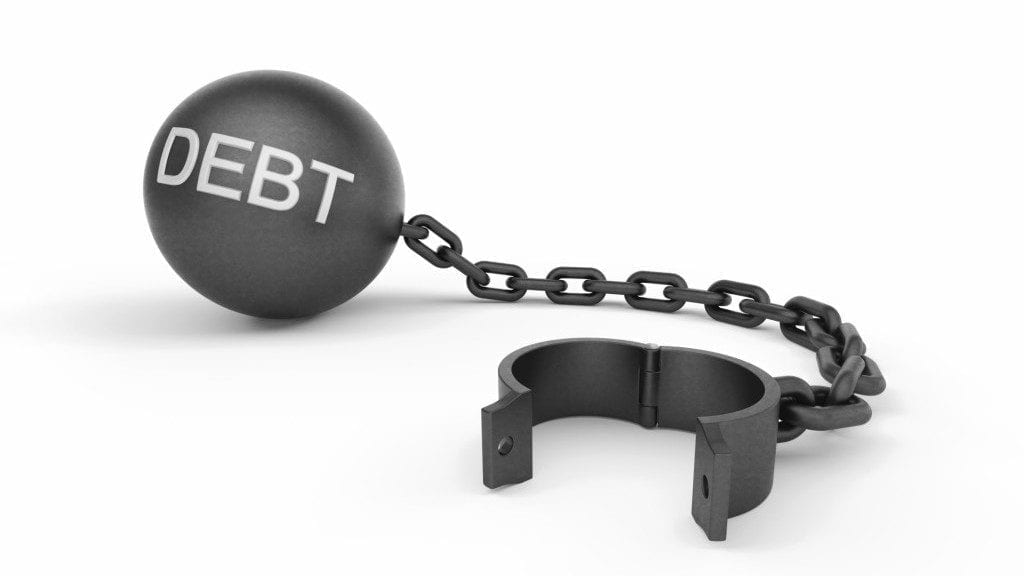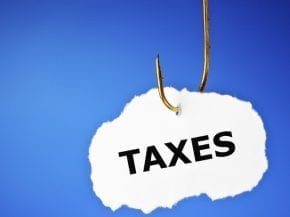- browse by category
- Audit Assistance
- Business and Taxes
- Celebrities in Tax Debt
- Cryptocurrency Taxes
- Economic News
- Foreign Banking
- Innocent Spouse
- IRS debt settlement
- IRS Headlines
- IRS Wage Garnishment
- Marriage & Divorce
- Payroll Tax
- Retirement
- Revenue Officers
- State Tax Headlines
- Stop IRS Debt
- Success Stories
- Tax and Politics
- Tax Attorney
- Tax Codes
- Tax Debt Help
- Tax Evasion
- Tax Levy
- Tax Lien
- Tax Payment Plans
- Tax Return Filing
- Tax Tips

If you’ve made the decision to ignore tax debt, then your future has some costly and potentially embarrassing measures in store for you. Tax debt is created by unsuccessful risky tax moves, or lack of intent to pay it. However it’s made, if you choose to ignore your IRS tax debt, here’s what your future has in store.
Ignore Tax Debt? These Are the Consequences.
Wage Garnishments
If you don’t know what a wage garnishment is, you’re better off. A wage garnishment redirects part of your income from going to you and instead sends it to the IRS.
If your tax debt goes unpaid, the IRS can take the lesser of 30 times the minimum hourly wage, or twenty-five percent of your total earnings, per pay period. That means you’ll be paying at least $215 per paycheck. If you don’t want your money going to the government, better to pay down that tax debt.
Tax Liens
If you tax debt gets completely out of hand, then you’ll be an ideal candidate for a tax lien on your home or property. Tax liens aren’t used as often as a wage garnishment or bank levy. But they can make a big dent on your credit score.
The IRS uses tax liens when they’re not convinced a tax evader will be able to pay the back tax debt within 10 years. The outstanding tax debt usually has to be at least $5,000. But tax liens can be avoided by obtaining an installment plan to pay down the tax debt.
Bank Levy
Imagine going on the internet to check your bank balance and noticing that a big chunk of your savings is gone. That’s your future if your back tax debt goes unpaid.
Bank levies are pretty simple. The IRS discovers your financial accounts, so it notifies the bank or financial institution. It then forces it to turn over some of your assets to pay the back tax debt. While your overall financial situation may not be too affected, a bank levy won’t help as this stage of debt collection usually has the IRS hot on your trail in seizing other assets.
Interest and Penalties
IRS interest and penalties are what make your manageable tax debt turn into a behemoth. IRS penalties for unpaid tax debt runs at five percent every month. For interest, it’s compounded daily, and stands at the short-term rate plus three percent.
IRS penalties can be abated. Simply fill out the IRS Form 843 Claim for Refund and Request for Abatement. But if you’re not perceived as genuinely wanting to settle your back tax debt, you may not get the nod from the IRS.
Don’t Ignore Tax Debt!
If your present situation has back tax debt, then your future holds some ugly things to look forward to. But, it can all be avoided by working with a tax professional to get your back tax debt in a manageable situation.
Leave Comments

Top Tax
secrets revealed
Sign up for our newsletter and be the first to find out when exciting IRS news happens. Yes, exciting. We're really into taxes.


